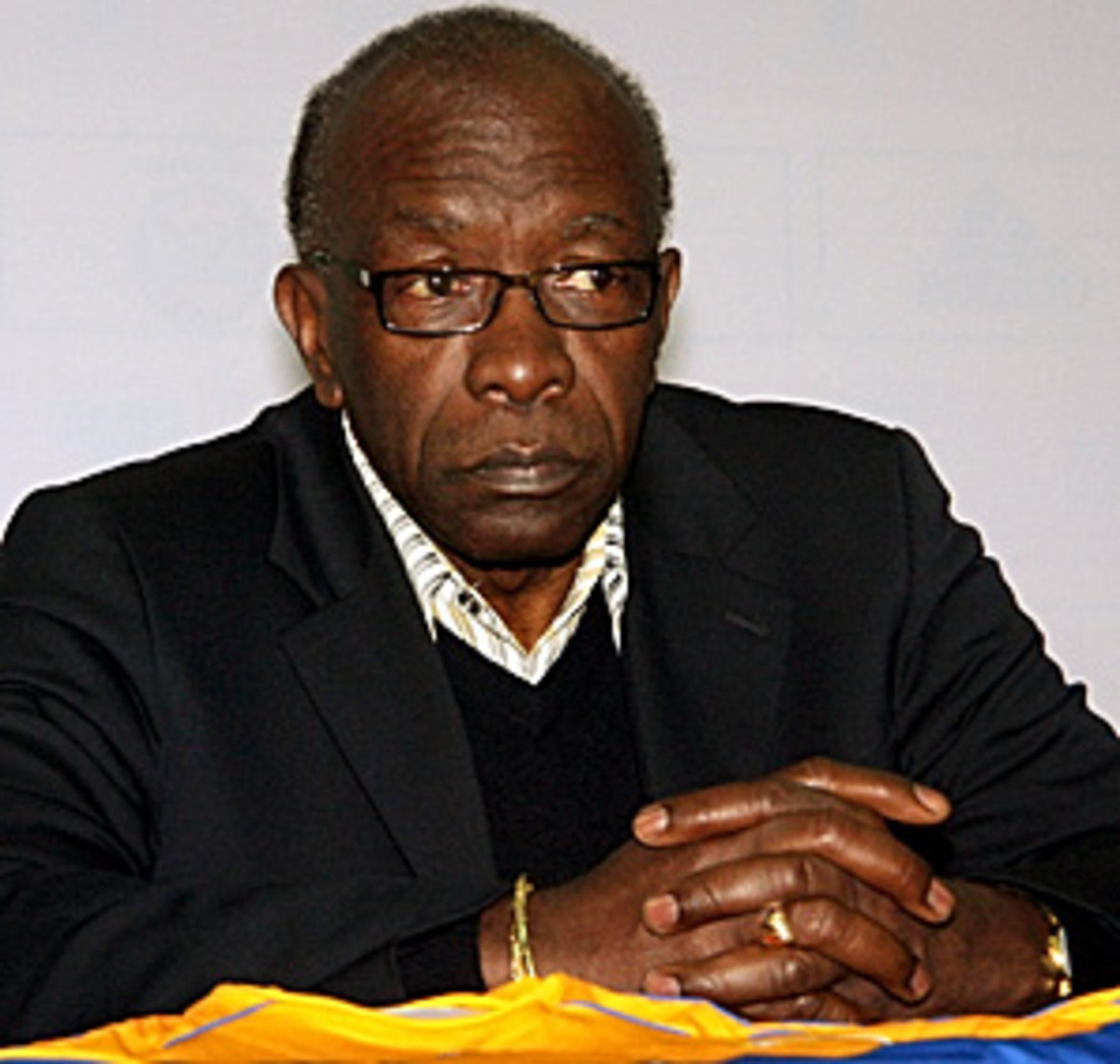Colombia's time to host World Cup?
Brazilian midfielder Mauro Silva checked in his luggage to travel to to Colombia for the 2001 Copa America, and then had second thoughts. Scared by the country's reputation, he decided not to go. I remember feeling a similar trepidation at exactly the same time when I boarded the plane in Rio to fly up and cover the tournament. What on earth was I letting myself in for?
A month later, as the competition ended, I had a better idea. I knew then that Colombia was diverse and fascinating, and that for all its treasures its biggest wealth originates from its people. Perhaps in part because they were not so accustomed to receiving foreigners, the Colombians were magnificent hosts. They enthusiastically applauded all the teams in the tournament, a heartfelt gesture of thanks for those brave enough to ignore all the negative publicity. To the visitor, the fierce regional pride came across as inclusive -- the message was "Come and enjoy what we have," rather than "This is ours and it's going to stay that way." Like many who have been there, I came away from that Copa America as a fan of Colombia, and have been back a few times since. It is a very beguiling country.
Jack Warner seems to think so. The CONCACAF boss was there recently, overseeing the preparations for next year's World Youth Cup, which Colombia will stage. He urged the country to make a bid for the senior World Cup in 2026 -- words that, given his influence in FIFA, carry some weight. But they also run the risk of giving Colombia some problems in its home continent.
In 2014, when Brazil hosts the tournament, the World Cup will return to South America for the first time since it was held in Argentina back in 1978. It will be the fifth time that soccer's greatest show is staged in the continent where it first saw the light, when Uruguay hosted the inaugural version in 1930.
The World Cup's centennial is just over the horizon, with plans already being hatched for the celebration. Uruguay has only one major city, Montevideo, and so it does not have the slightest chance of being able to host a 32-team tournament. Support, then, has grown for a joint World Cup to be held in 2030 by Uruguay and neighbor Argentina -- the countries that contested the first final. CONMEBOL, the South American Federation, favors this position.
But there seems no chance of Colombia 2026 being followed by Argentina/Uruguay 2030. South America will surely not be awarded two consecutive World Cups. So it's a case of one or the other. And if the current CONMEBOL position remains, it means that Colombia will be sacrificed -- again.
The 2014 tournament will be Brazil's second World Cup. If 2030 goes ahead, it will be the second for both Argentina and Uruguay. Chile has staged the competition. Fair enough, Colombian soccer got off the ground later than its southern neighbors -- but with lots of urban centers and the second-largest population in the continent, the country can feel entitled to a shot at glory.
Colombia, of course, was initially awarded the 1986 World Cup. It was surely premature. Under pressure, the country backed out and the tournament was transferred to Mexico. Since then Colombia has been through the trauma of the power of the drug cartels, and largely come out the other side. Significant security problems still exist in the rural areas. But my personal and not very scientific impression is that the big cities are no more dangerous than those in my adopted home of Brazil -- though in the interest of balance, I must point out that I once had a gun pulled on me in the fair city of Cali.
Earlier this decade, with the World Cup due to return to South America, Colombia might have been permitted to believe that it was next in line. Its FA, however, went along with the CONMEBOL decision that Brazil would be the sole candidate.
A couple of years later, under new administration, Colombia broke ranks, and launched a separate bid to stage 2014. Its effort lacked credibility, and it soon backed down. My impression was that Colombia was never serious -- its objective was to protect itself against the rise of Venezuela, which at the time was feverishly investing in stadiums and infrastructure in order to host the 2007 Copa America. If that was the aim, then Colombia succeeded: It beat out the Venezuelans to win next year's World Youth Cup.
And if it follows Warner's advice, Colombia will use the investments in that competition as a springboard to launch a bid for the real thing in 2026. But unless the country can change CONMEBOL's support for the Argentina/Uruguay 2030 project, that looks like an impossible dream.






